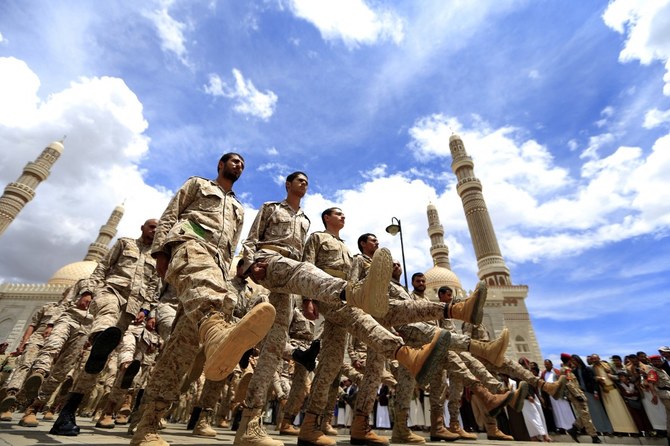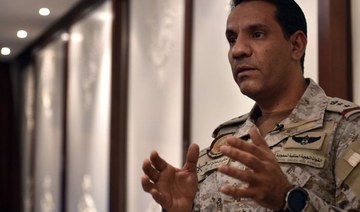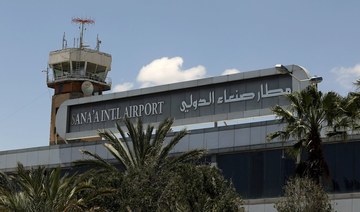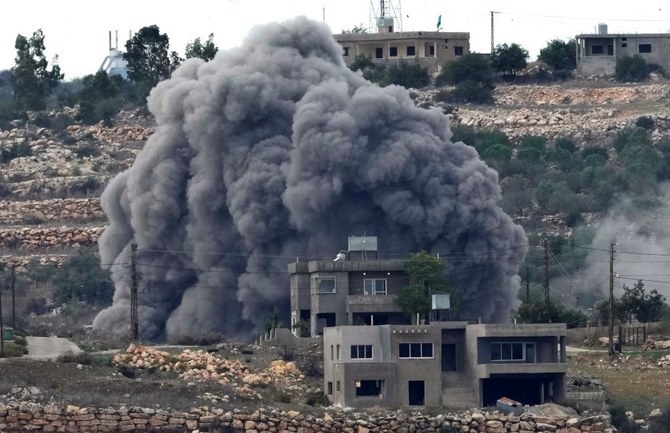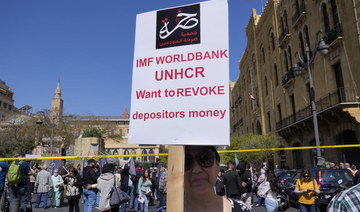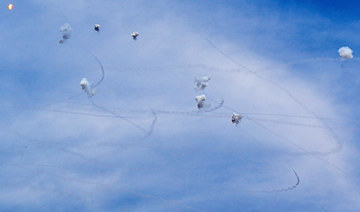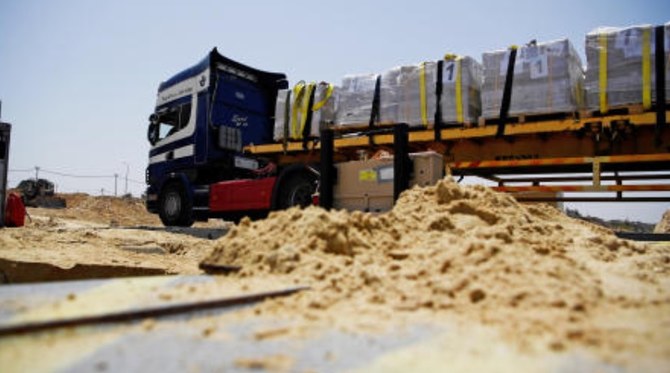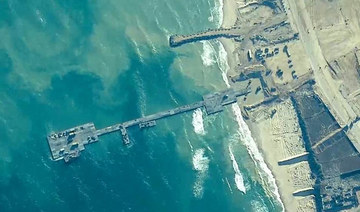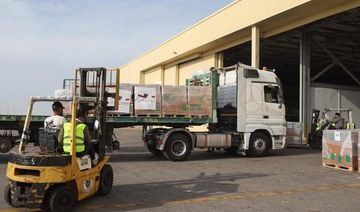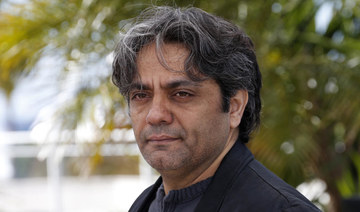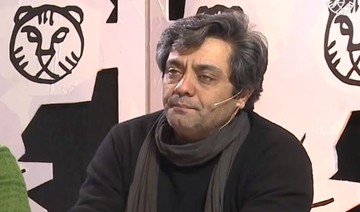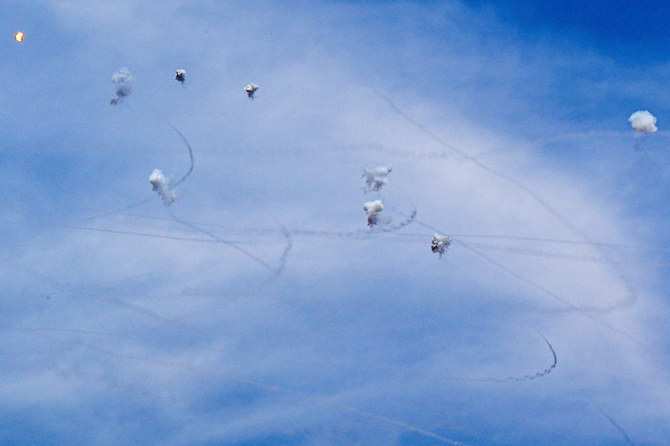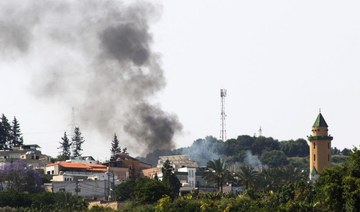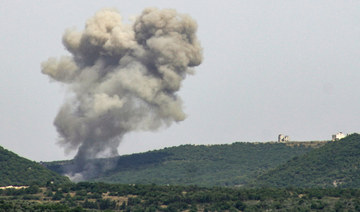LONDON: Human Rights Watch has warned of a new wave of civilian displacements caused by indiscriminate Houthi shelling in Marib, Yemen.
HRW called on the Iran-backed group to “immediately” end the shelling, which it said is part of a wider campaign by the Houthis to seize the Marib governorate from the internationally recognized government.
“Civilians and displaced people in Marib have been caught in the crosshairs for nearly two years, some suffering severe deprivation,” said Afrah Nasser, Yemen researcher at HRW.
“The Houthis’ repeated indiscriminate attacks on civilian areas and blocking humanitarian aid have become a shameful pattern and add to the group’s dismal human rights record.”
The Houthi campaign to seize Marib has been ongoing since February 2020 but intensified earlier this year.
The UN estimates that at least 93,000 civilians have been forced to flee the immediate area around Marib city because of fighting.
HRW said: “Witnesses say that Houthi forces besieged 35,000 inhabitants of al-Abdiyah district for at least three weeks in October, blocking civilians from leaving or entering and denying entry to food, fuel, and other commodities.”
Aid workers reported that civilians who fled the district at the end of October for Marib city described a three-week siege by Houthi forces in which civilians were trapped and essential commodities were blocked from entering.
According to the aid workers, residents said there were no fighters or military equipment there, but Houthi forces seized them to compel people to join them.
Those civilians, HRW said, were “malnourished, sick, and penniless, and that some women were in desperate need of reproductive health services.”
According to HRW, the Mothers of Abductees Association — formed in 2017 by Yemeni women whose relatives were arrested and often forcibly disappeared — said Houthi forces also detained 47 people, including children. Their relatives have heard nothing about them since their arrest.
Nasser said: “With winter setting in, newly displaced people desperately need an immediate comprehensive response by aid agencies. Houthi forces need to immediately end their indiscriminate attacks and allow humanitarian access to civilians across Marib.”



